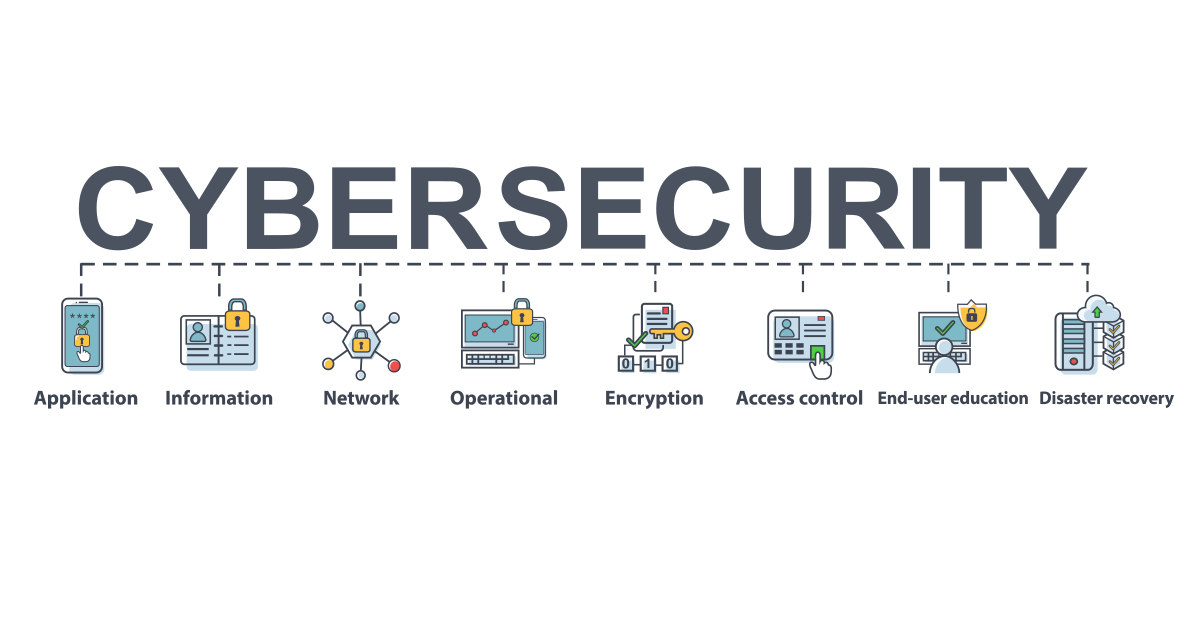Getting My cybersecurity courses To Work
Getting My cybersecurity courses To Work
Blog Article

1. Data breaches: Fintech companies handle delicate economic details, making them a prime target for cybercriminals. A single data breach can endanger numerous individuals' personal and financial information, bring about extreme effects.
2. Repayment fraud: Fraudsters make use of advanced techniques to manipulate settlement systems, triggering financial losses for both consumers and organizations. Stopping repayment fraud calls for sophisticated safety and security steps and constant surveillance.
3. Compliance: Fintech companies must comply with various economic regulations, such as GDPR, PCI-DSS, and AML/KYC. Ensuring conformity can be a complicated and time-consuming process, yet failure to do so can lead to significant penalties and reputational damages.
4. Insufficient security procedures: Fintech business often focus on speed and technology over safety, leading to poor security against cyber hazards. This can subject individuals' data and financial information to considerable threats.
Fintech software application advancement have to address these cybersecurity challenges to safeguard individuals' rate of interests and preserve public trust fund. }
The economic technology industry is undertaking a substantial change, presenting unique approaches to handling financial resources. Nonetheless, the rapid evolution yields fresh obstacles, particularly in the world of cybersecurity. These obstacles pose worries about the dependability and safety and security of financial systems and may weaken your reputation as a credible fintech copyright. Learn more at
In this short article, we'll look into the 4 primary cybersecurity risks that fintech business experience and use functional remedies to aid minimize them.
"Cybersecurity Threats Evolve"
A malware strike describes any kind of destructive software intended to hurt a individual's computer or server. These harmful programs are produced and dispersed by cybercriminals for different intentions, with the common objective of stealing personal, economic, or company information.
Ransomware sort of malware strikes remains the most popular type of cyber hazards. In 2023, 72% of companies were hit by a ransomware attack, according to Statista's report. Exactly how do you maintain shielded? Below are several of the techniques:
maintain your computer and software program updated;
only use a relied on anti-virus;
never ever open web links that come from unknown senders.
Emerging Technologies
The swift accepting of sophisticated technologies such as blockchain, AI, and IoT by fintechs uses tremendous potential for development and innovation, however it likewise presents new safety and security difficulties. As an example, AI-driven systems can be utilized to recognize weak points in networks and systems, while IoT attacks target devices linked to the web, endangering their data storage space and collection capabilities. Although choosing safe gadgets can minimize IoT risks, combating AI-powered strikes demands a extra cybersecurity engineer sophisticated approach.
embrace a layered safety approach;
conduct recognition training for staff members;
execution of AI-powered protection devices.
Expert Hazards
A fintech organization's best danger can come from within. Staff members or contractors with authorized accessibility to sensitive information or systems can present a considerable risk, called insider hazards. These risks can be intentional, where delicate information is taken and sold purposely, or unintentional, where private info is accidentally revealed, causing injury to the organization. Efficient techniques to minimize insider hazards consist of carrying out robust gain access to controls, monitoring individual actions, offering normal training and awareness programs, and applying event action plans to attend to potential protection breaches.
audit of your group's access benefits;
execution of password protection plans;
education and learning of your team on exactly how not to come to be the victims of phishing.
Third-Party Vendors
Numerous fintech business rely upon third-party service providers for solutions like payment processing or information storage space. Such reliance on outside suppliers in fintech software program growth can introduce multiple opportunities for cyberattacks. Fintech firms have to conduct extensive due persistance on third-party vendors they accept, including history checks and safety and security evaluations, to guarantee they have tight protection steps in position.
To sum up, the fintech market is increasingly being accepted globally, however the recurring risk of cyberpunks means that cybersecurity stays a significant barrier in the advancement of fintech software program.
S-PRO, a forward-thinking software program advancement company, focuses on the combination of sophisticated security solutions in its fintech projects to safeguard the interests of both its clients and end-users, giving them with top-notch defense versus cyber assaults. Report this page